16 Travel Tips to Know Before Your First Solo Trip
- May 26, 2025
- One Comment
About 8 years ago, I went on my first solo trip to Australia. It was chaotic to say the least. Now, 35 countries later, I love to solo travel and have gained a lot of experience. If you are planning your first solo trip, here are the top things I wish I had known before my first time solo-travelling!
I have now been solo travelling full-time for over three years and recently visited my 35th country. Solo travel to me is one of the best ways to experience a new destination as you are truly enveloped in the trip, from planning to booking to navigating when you get there. I have met some of my favourite people while solo travelling, learned incredibly life lessons and seen so much of our beautiful planet.
That’s not to say solo travel is easy. My first 9 month stint in Australia as a solo, female traveller was beautiful and life-changing, but also difficult and chaotic. My parents still refer to it as “probably the most stressful months” they have had with me. To be honest, a lot of the main issues came from being inexperienced in travelling alone as well as being so young. Since then, I have 8 years of knowledge and tips gained from countless solo ventures.
In this article, I’ll share all of the knowledge with you, in the hopes that your first solo trip is a little easier and ignites that same passion in solo travel as it did for me. Learning from mistakes and experiences is one of my favourite parts of travel, but here are 16 things you should know before your first trip to make your life a little easier:
This post may contain affiliate links to support the running of the blog. If you make a purchase through these links, I will earn a commission at no extra cost to you. Thank you.
Table of Contents
ToggleThings about Solo Travel I Wish I’d Known Before I Went
1. Research your accommodation well
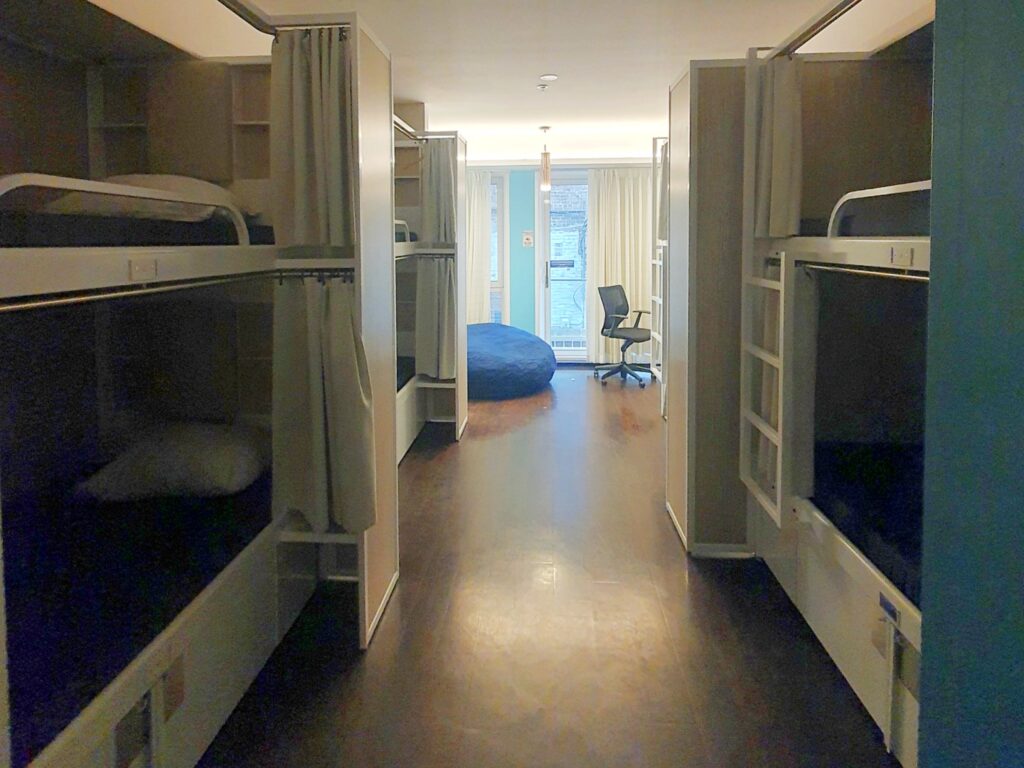
Solo travel sometimes requires a little more prep work than trips with friends and family, but it is worth it so stick with me here. One of the things I wish I had done more when I first started travelling is researching my accommodations and hostels better. I had quite a few sleepless nights and dirty hostels, which quickly led to travel burnout.
Start with researching the areas of a new city or destination: Where is safe? Where do tourists usually stay? Once you have found your area, go to Google, Booking and Hostelworld and search for hostels or hotels. You are looking for places with good reviews in the right area. You want good reviews across several platforms as they sometimes vary a surprising amount. Some red flags are people talking about stuff being stolen, no solo travellers leaving reviews, bedbugs and any negative comments about staff.
When looking at especially hostels, also be mindful of what kind of place might be for you. For example, party hostels are a great way to have fun and meet lots of people, but they are very intense and definitely not for light sleepers. I tend to go for hostels that have a social vibe but also mention a quiet night’s sleep 🙂
2. Bring GOOD earplugs and an eye mask
When solo travelling, you will often stay in hostels – whether for budget reasons or to meet other travellers. A good night’s sleep is really important to make sure you are ready to tackle the next day and don’t burn out. On my first solo trip, I had so many sleepless nights that I eventually had to put a stop to my travels and stay in one place for a while to recover.
Two of the things I now always carry with me to avoid this are good earplugs and an eye mask – may seem basic but they are truly the things that will keep you sane in hostels. Some people also like noise cancelling headphones to play music or white noise.
3. Travel burn out is real – allow rest days
Speaking of travel burnout, it is more common than people may think – especially when travelling solo. Not only do you have to plan and organise everything yourself, you also need social energy to meet other people and end up having the same conversation over and over.
One way to combat this is by travelling a little bit slower. Don’t switch hostel every 2-3 days if you can avoid it. The longer you can stay in one place, the more the place and people will become familiar and a routine can form, even if just for a few days. If you do move a lot (e.g. doing the East Coast of Australia), plan in some rest days where you don’t do anything except maybe lay on the beach and call your friends and family back home. That is what has really helped me stop travel burn out over the past years!
4. Facebook Travel Groups are great ways to find travel partners
While I certainly love the solo aspect of solo travel, there are times when I want company or want to maybe do a roadtrip or something and need others. Especially if you are travelling for longer, you do sometimes need someone around you that becomes familiar and that you know, to get some sense of normalcy.
I have met countless of my travel partners through Facebook Travel Groups, from roadtripping the Westcoast of Australia to doing the Uyuni Salt Flats tour in Bolivia together. Some of my favourite groups are:
- Gals who travel
- Backpacking South America
- TTS
I usually just reply to other people’s posts if they have the same itinerary or suggesting something I’d like to join, but I have also posted myself a few times to find a buddy for a specific trip or activity. I’m still friends with a ton of these travellers I met through Facebook and it helped combat that loneliness that you sometimes feel when travelling alone.
5. Trust your gut
When travelling, nothing is more important than trusting your gut. If something feels off, you need to get out of there.
Especially for my fellow solo, female travellers, listen to your intuition and don’t be afraid to inconvenience people or kick up a fuss as soon as you feel uncomfortable!! Your safety is of upmost priority.
I have only once not followed my gut while travelling as it was an inconvenience and I was lucky it didn’t end worse than it did. Another lesson I quickly learned: Money returns, life doesn’t. Do not put your safety on the line to save money or get your money’s worth! No matter the tour booked or flight to catch, if you can’t get there safely at the time, you don’t go.
Related article: How to Stay Safe as a Solo Female Traveller
6. Going home earlier than planned is not a “failure”
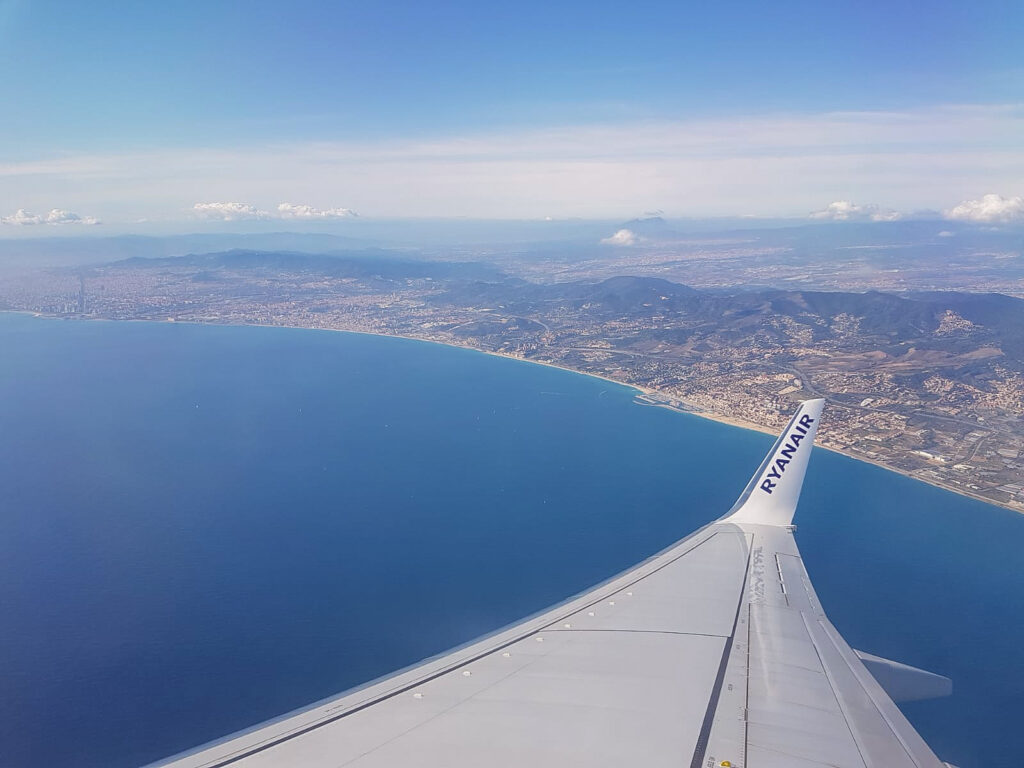
Going home early can sometimes feel like you have failed yourself and others, as silly as it sounds. Say you plan a year in Australia because you get the Working Holiday Visa, but realise you have had enough after 9 months. You may feel like you need to push through and continue travelling to not embarrass yourself in front of everyone, but that is not the case!
From experience, I am usually ready to head home after around 6 months. That’s when I feel like my social battery is fully depleted, I want my own bed back and I miss my family. There is nothing wrong with that! I previously tried to push through these feelings and only ended up travelling to these gorgeous places and not being able to enjoy it. This is your reminder that YOU can choose when you’ve had enough and there is no shame in suddenly heading home. Just think of how much you’ve achieved and seen and give yourself a big pat on the back!
7. Flexbility in your plan is key when travelling longer
Similar to the last point, try and stay flexible when travelling, especially for longer periods of time. I usually book the first few nights of accommodation and then have a rough plan of where I want to go and what I want to see, but the rest I decide on the road.
Countless times, I have met new people and joined their plans, or gotten advice from someone on the road on the best itinerary and adapted accordingly. The beauty of solo travel is that you can easily make those changes. Like it somewhere? Simply book another few nights. Meet an amazing group that is going a different way? Join them! Avoid planning too rigidly and hence closing yourself off to these amazing opportunities.
I would also avoid booking a return flight for longer trips, simply as it’s hard to know before travelling how long you may want to stay out there. I have had places where I extended my trip and others where I went home earlier.
8. It’s okay to feel lonely or spend time alone
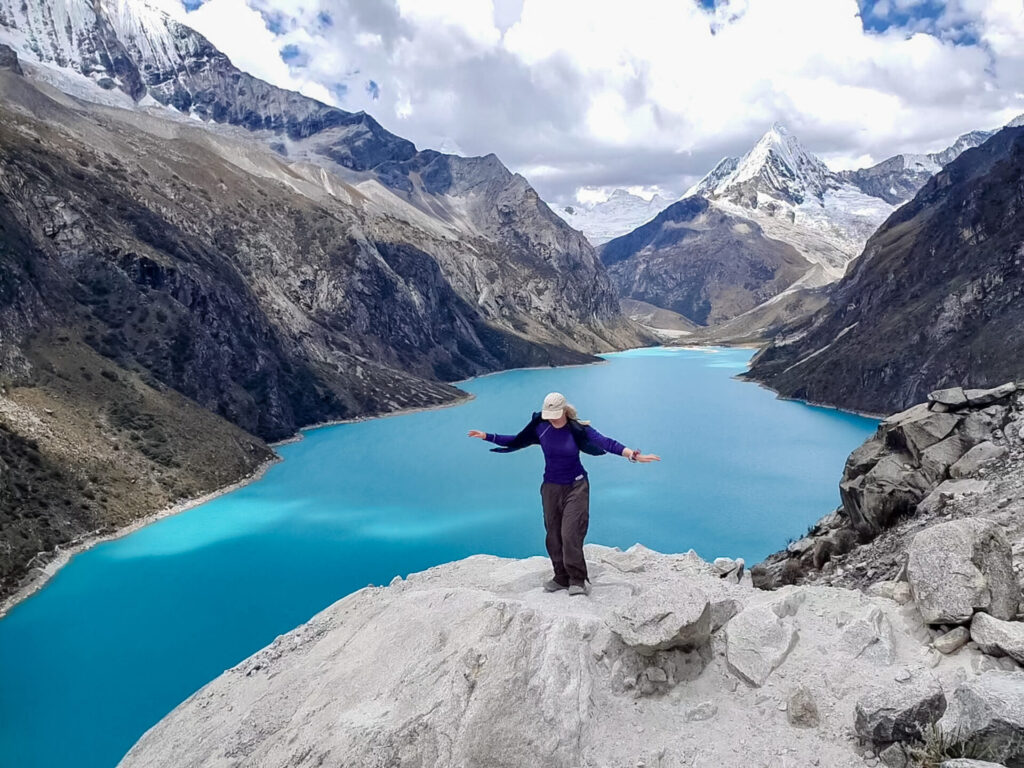
At times, you really feel the “solo” in solo travel. You feel lonely, seemingly surrounded by only couples and friend groups or have just run out of social energy. And that’s normal and okay! In fact, most solo travellers you meet will tell you they have felt similar. There are things you can do to combat the loneliness, but you may also just want to sit with the feeling and allow it to happen. It is part of this way of travel and you will grow a lot as a person.
On the contrary, sometimes when staying in hostels, it can feel like you shouldn’t be alone. You should make friends and do things with others. However, it’s completely okay to do things solo. There is a reason you are solo travelling and there is no shame in being alone. Some of my greatest memories were made while I was truly solo.
9. Learn a couple of phrases in the local language
If it’s your first time solo travelling, you may want to head to a country where you speak the language, just to make it a little easier on yourself. That being said, if you do choose a country with a language you don’t know, make sure to learn some basic phrases. “Thank you”, “Excuse me”, “Where is xyz?” and “I’m sorry I don’t understand” will actually get you a surprisingly far way in a new country.
More and more places also speak some English now, but I think it is always a sign of respect to at least attempt to learn some words. It will also open up new opportunities while travelling for you, as locals are happier to connect!
10. Less is more when packing

You have done all this research, now it is time to prepare. That means getting any health checks and vaccinations that you may need. Making sure your passport and visa is up to date and correct. Figuring out how you are going to pay in this new country and exchanging some currency for when you first arrive there. Make sure you have pre-booked your first few nights of accommodation. Packed all of the necessities and are able to carry your backpack for extended periods – don’t overpack! Have your travel insurance set up for the duration of your trip.
11. Hostels are a great way to meet people, but sometimes you just need a private room
Don’t get me wrong, I love hostels. They are fantastic for meeting new people, often have activities included and are affordable for solo travellers. That does not mean you have to spend every single night in one. Trust me, you will want some privacy and a good night’s sleep every now and then.
I now book myself a private room once a week or so, to recover from hostel life and just not have to be social. Allowing for that little bit of privacy in your budget is really important, especially for those whose social battery may run out quicker than others 🙂
12. Let someone know where you are and your accommodation
Another key safety feature I wish I had implemented earlier was letting someone know my itinerary as well as exact accommodation address each night. This isn’t so someone can stalk you or your parents can watch you like a hawk, but instead to ensure your safety.
In case of emergency, someone you trust needs to know exactly where you are, your last accommodation and where you were headed. That is the information that will help you out in an unknown country when something happens! Some people even use apps like Life360 to share their exact location while solo travelling – it’s an additional layer of safety that may feel stupid but is 1000% necessary.
13. Choose the right destination and make a rough plan
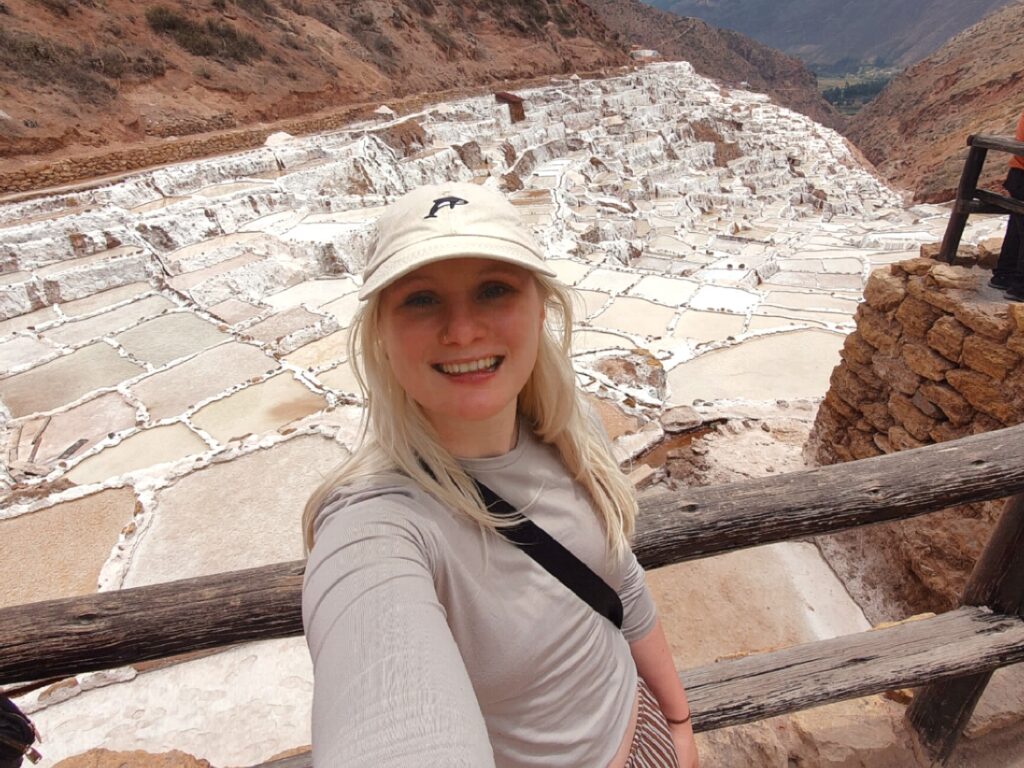
I recently visited South America on a very last-minute whim. It had been on my bucketlist for years, but I had never been able to make the jump. Then in September 2024, I just booked the flight. All I had was research on the destination (from my friend there, Facebook groups and blogs) and some of the things on my bucketlist such as The Salt Desert in Bolivia and Machu pIcchu in Peru. I ended up staying two months and ticking off so much more than what was on my bucketlist. But that initial knowledge of things I wanted to see and research I had done on the destination and safety guided the whole trip.
The right destination will be different for everyone. I’m an experienced traveller looking for new challenge, so Peru was the right one for me. If it is your first trip, there are “easier” destinations that still have a ton to offer, such as Australia, Canada, a lot of Europe and SE Asia.
14. Do your research pre-trip
As mentioned in the last point, my research into South America and the countries I had planned to visit was key to keeping myself safe throughout the trip and also guided my itinerary. It is this pre-trip research that has kept me safe while travelling to 35 countries and it is non-negotiable if you are visiting a new country.
Start by researching the country or destination you are planning to visit. What do the government websites say regarding safety? Travel advisories are a good indicator of safety in terms of people and environment, though can sound overly scary.
It is hence good to check other sources, from social media to blogs to news. I have found Facebook Groups great sites to get more information on a place, especially from locals living there. They will also often offer to show you around, which is a plus.
Use this pre-trip research to determine if a destination is the right one for you to visit, and if yes, what you want to see, what areas to avoid, what to pack (weather, customs), any safety items you may want to pack and the first few nights of accommodation as well as any tours you may need to pre-book. You want to be flexible when solo travelling, but not unprepared!
15. Your phone is your lifeline
It’s not that your phone is important to keep you company or entertained when solo travelling, but being connected is key to staying safe and informed when solo travelling. That means you should get a Sim card or E-Sim as soon possible when landing in a new country. I usually use Airalo and get my E-sim as soon as I land.
In addition, bring a GOOD portable charger. When solo travelling and your phone dies, you have no one else to fall back on so be prepared.
16. A good travel insurance is everything!
There is a saying in the travel community that if you can’t afford the right travel insurance, you can’t afford the trip. Travel insurance is SO important as travelling is inherently unpredictable.
I have used mine quite a few times, for example when I had to go to hospital in Bolivia for altitude sickness or got really ill while working in a surf camp in Portugal.
Obviously you always hope you won’t need to use it, but it is still a necessity to have. Make sure your travel insurance covers the types of activities and altitudes you are going to encounter in your trip, as well as add on any equipment insurance you may want/need. I also personally always pay a little more to get rid of the excess as it usually pays off within one claim.
Travel insurance I would recommend for solo travellers:
I have used these guys for most of my trips and had a big claim with them once and it went flawlessly. I had my money back within 24 hours. They also cover quite a few activities and are great for backpacking trips that span several countries, so I can only recommend them. Check them out here.
FAQ about Solo Travel
How do I deal with loneliness while traveling alone?
When I first started solo travelling, meeting people felt super difficult. Even in hostels, everyone already seemed to be in their little groups and I was struggling. I remember being on week 3 of my Australian East Coast trip and calling my mum sobbing because I felt so lonely.
The more I solo travel, the more I have learned about loneliness and making friends. First of all, I am much more comfortable being with myself now. If I don’t find anyone to hang out with, that is okay. FOMO is sometimes still there, but I always remind myself that I am doing my best.
I usually do meet other people though. A good way is booking hostels with activities as it is SO easy to meet others during say a trivia night or a city tour. Another great way is choosing a female dorm – I often find myself bonding quicker with the girls in there. I also use Bumble BFF. That may sound awkward but I have met some of my now closest friends on there and it has been so great while travelling, especially if I am longer in one place. Finally, Facebook Groups – there are hundreds of travel groups out there and so many other solo travellers just waiting to meet you!
Sometimes though, loneliness prevails. Over the years I have learned that when the feeling refuses to leave, it is my time to go home. It’s a sign from my body that I need a break from travelling and constantly meeting new people. I need familiarity and my family. And that’s okay! Trust me, it took me a while to learn this but stopping a trip early is not failure, especially if it has already been a few months.
What are the benefits of solo travel?
I have grown immensely as a person since I have started solo travelling – in my overall confidence, trust in my own abilities and also people skills. Making friends used to be hard, now I am very comfortable talking to new people and have met so many of my closest friends while travelling. The best part about the people you meet while travelling is that they have a similar mindset to you and also often a lot to share about their own culture and traditions, meaning your worldview opens up a lot.
Travelling solo also means I get to choose where I go when, I can change plans last-minute and if I don’t like something, I will simply leave. These are all things you can’t do as much when travelling with another person. In addition, you get a lot of time for self-reflection but also to take in this new destination. I have noticed that I experience a place much more intensely when I am solo travelling, compared to when I am with e.g. friends.
Overall, I think solo travel truly changes you as a person. Once you have navigated a new country by yourself, you feel like you can do anything. I would recommend any woman to solo travel at least once in her life! Learn to trust yourself and that you don’t need anyone else to do things for you. Obviously it is nice to have someone else to rely on, but solo travel teaches you that it is not necessary – and that will change your whole perspective on life and relationships.
How do I choose affordable but safe accommodations?
The first thing I do when choosing accommodations in a new destination is research the area. Which areas are safe for tourists, especially solo travellers. There are usually lots of resources about these things. If you are unsure, you could also reach out to accommodations for advice.
Second, I usually stay in hostels or hotels that are rated well amongst solo-travellers. This is so I can meet other travellers but also so I know that the location is good etc. Hostel dorms are usually your cheapest option though some countries also have affordable AirBnBs – for those I always make sure it is a female host.
Reviews are crucial!! Check several sites such as booking, Google, Tripadvisor, etc. Some red flags are people talking about stuff being stolen, no women leaving reviews, bedbugs and any negative comments about staff. A huge red flag for me is also when a hotel responds rudely to complaints – it’s unprofessional and will probably affect you if something goes wrong.
Hi, I'm Bell
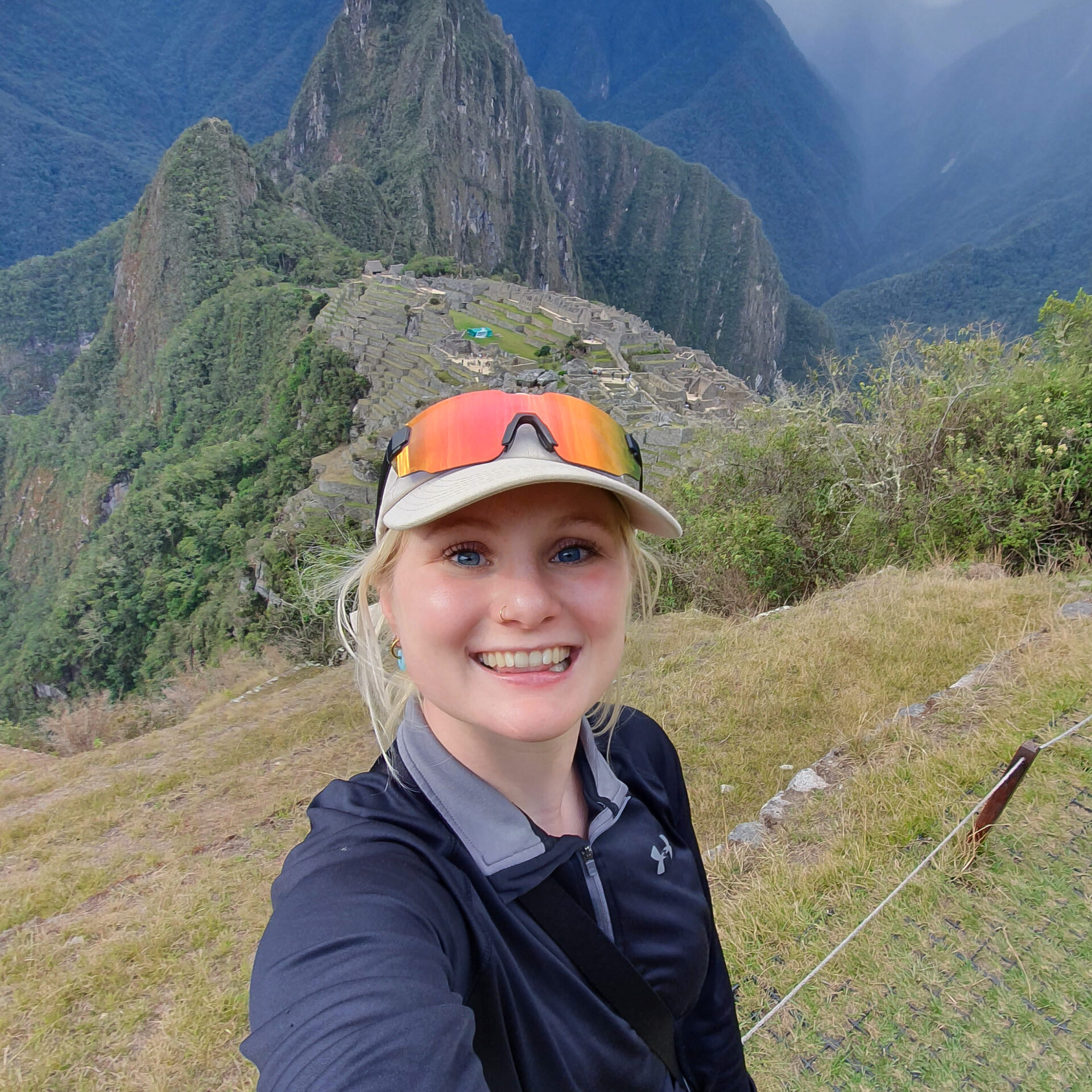
My blog is here to show you that there isn’t one correct way to travel the world. Together, we can figure out what that means for you. Learn more about me here!
Grab my Ultimate FREE Packing Guide
Travel Off Script contains affiliate links to support the running of the blog. If you make a purchase through these links, I will earn a commission at no extra cost to you. Thank you.

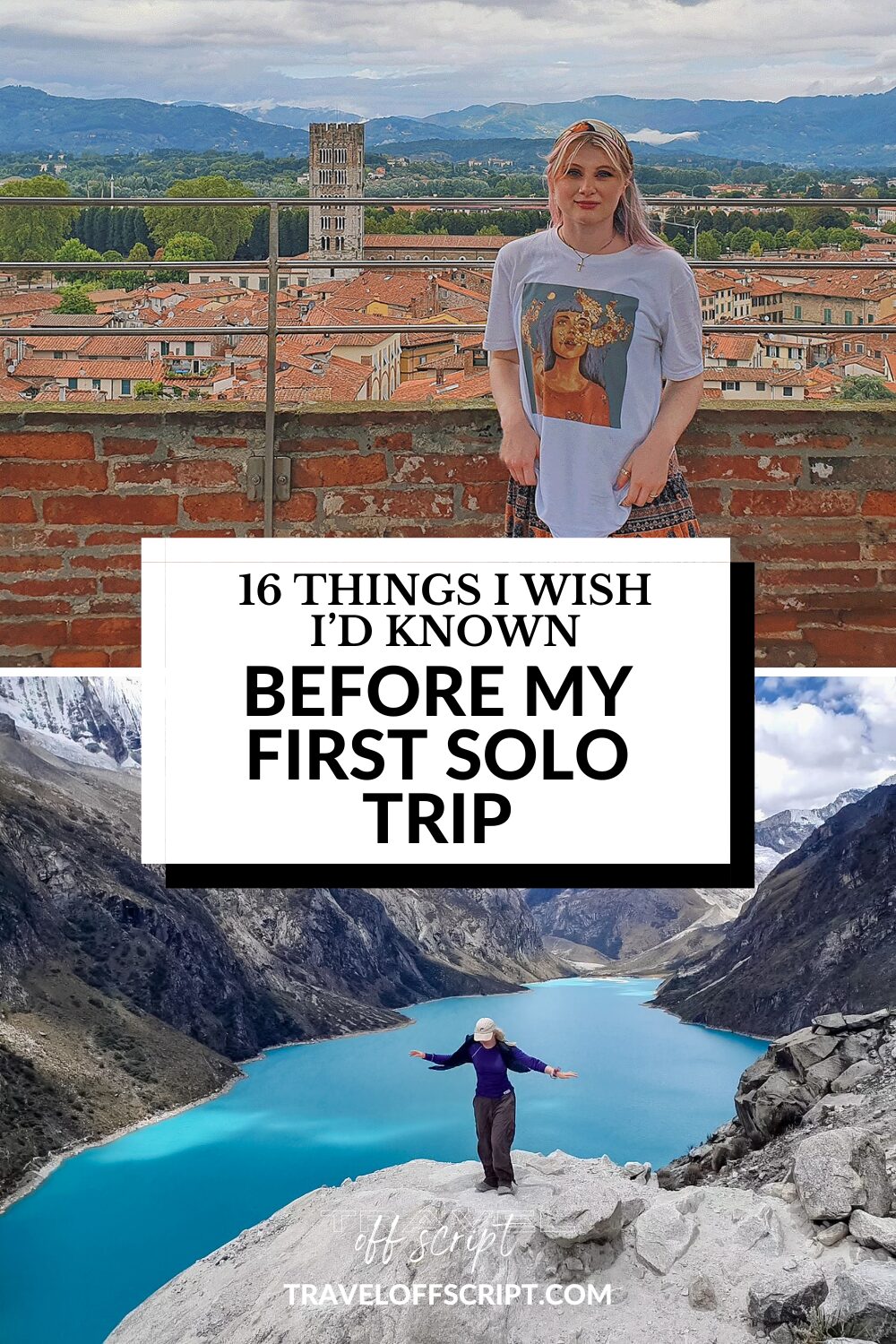
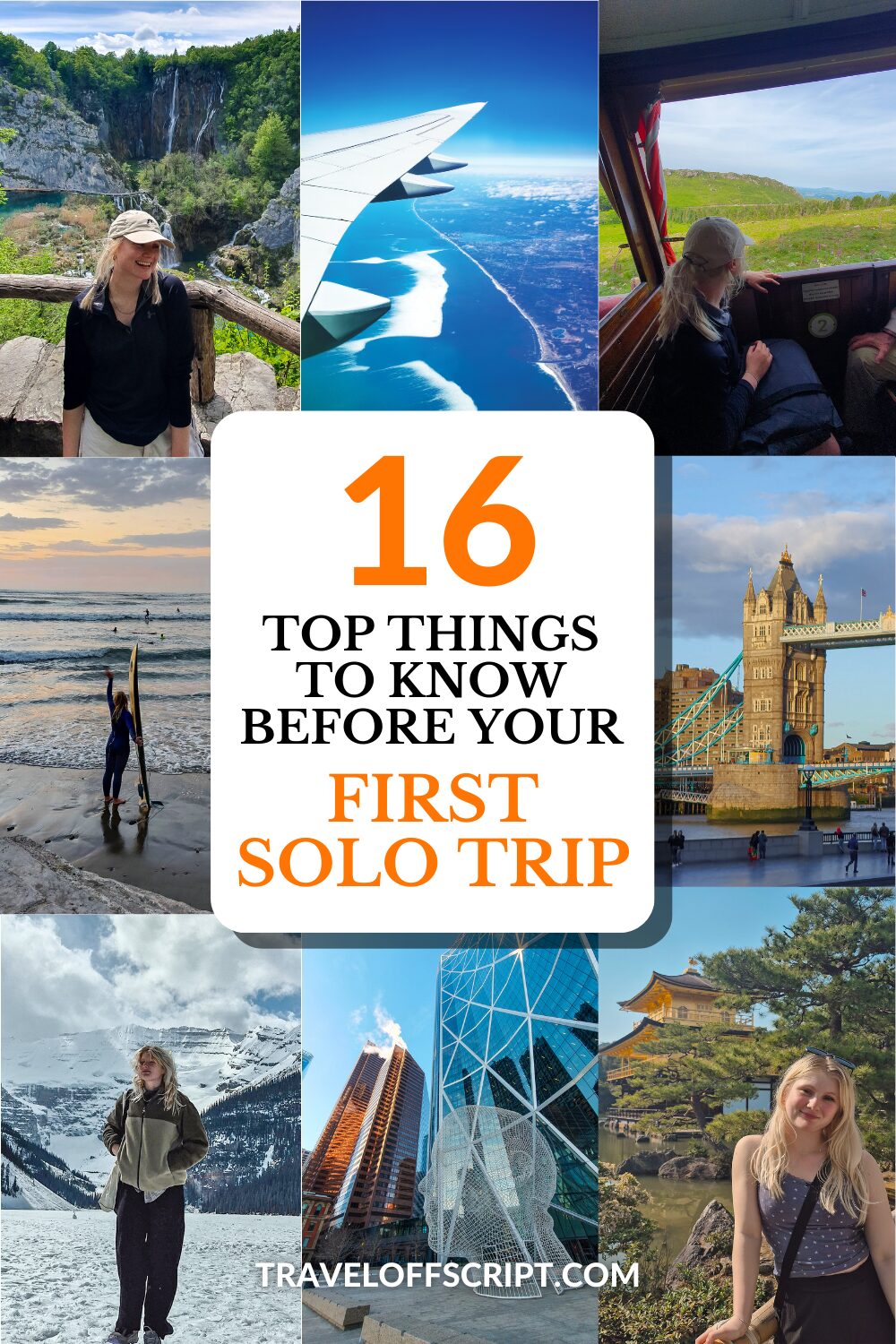




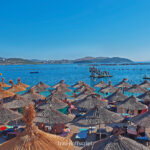


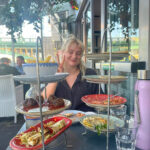


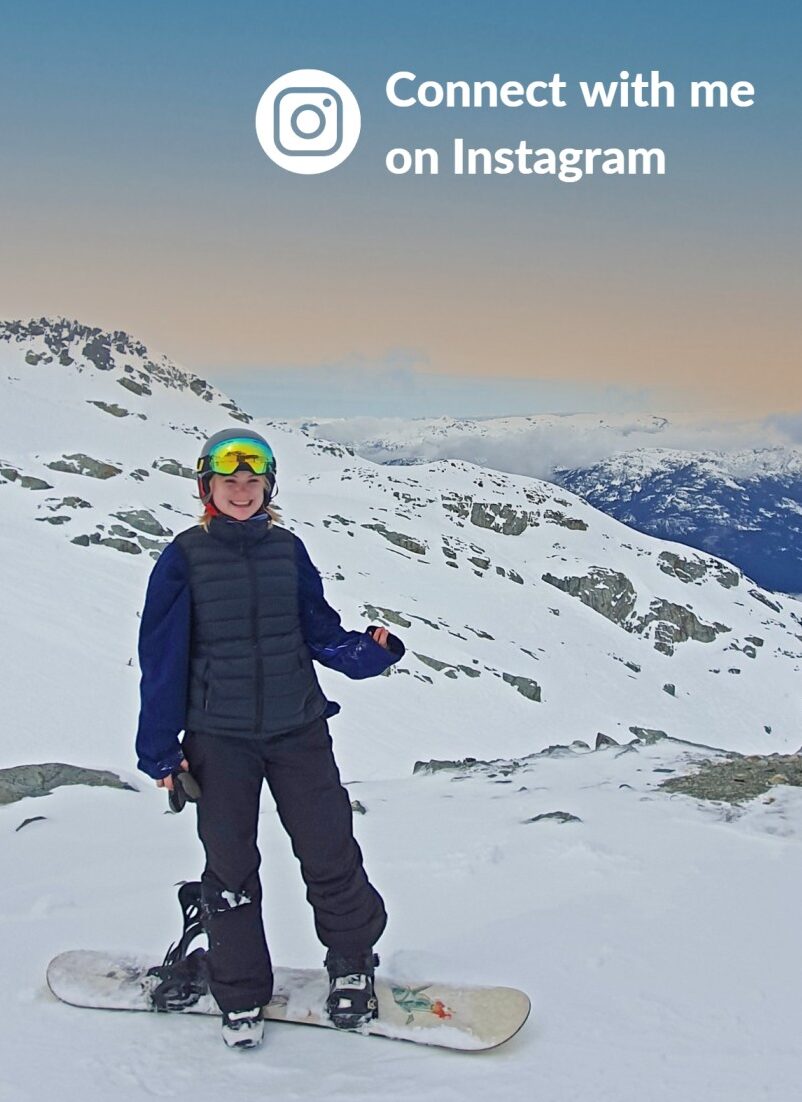
One comment
Appreciate you sharing this! Really informative and helpful.